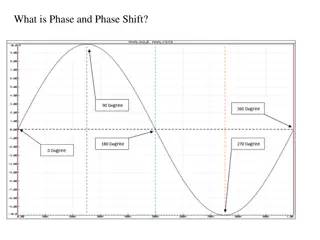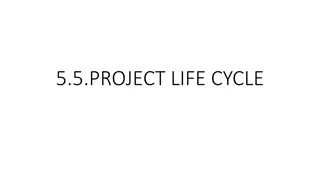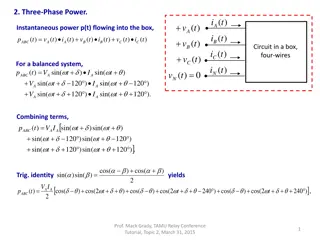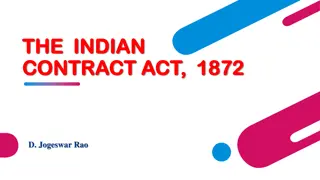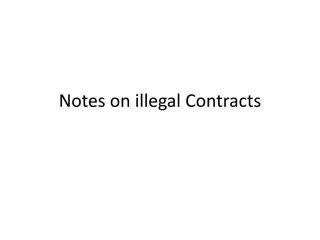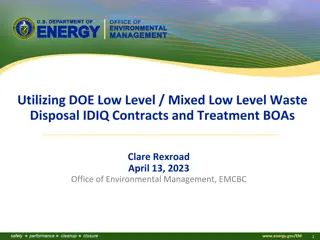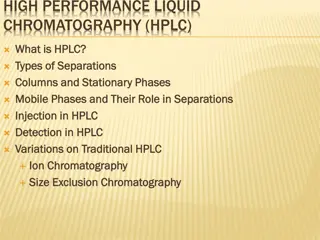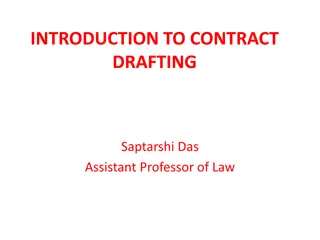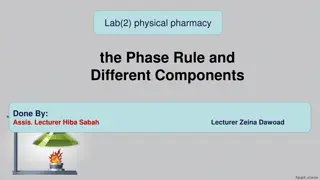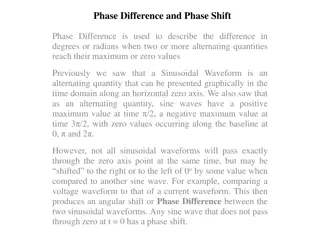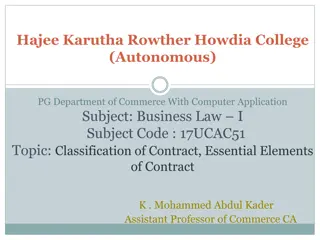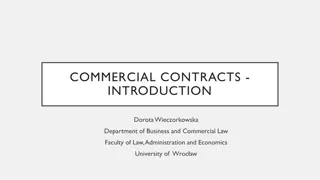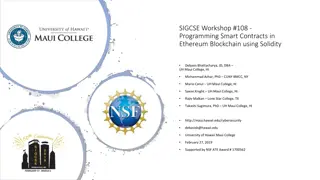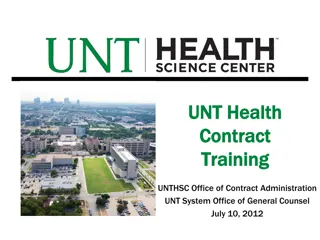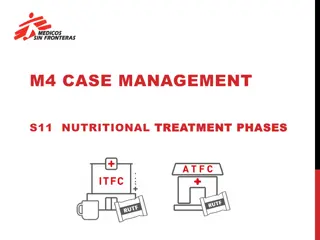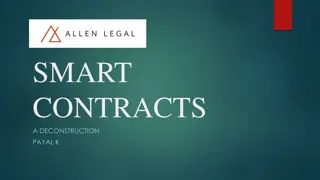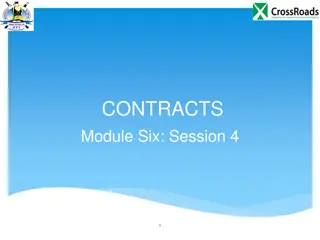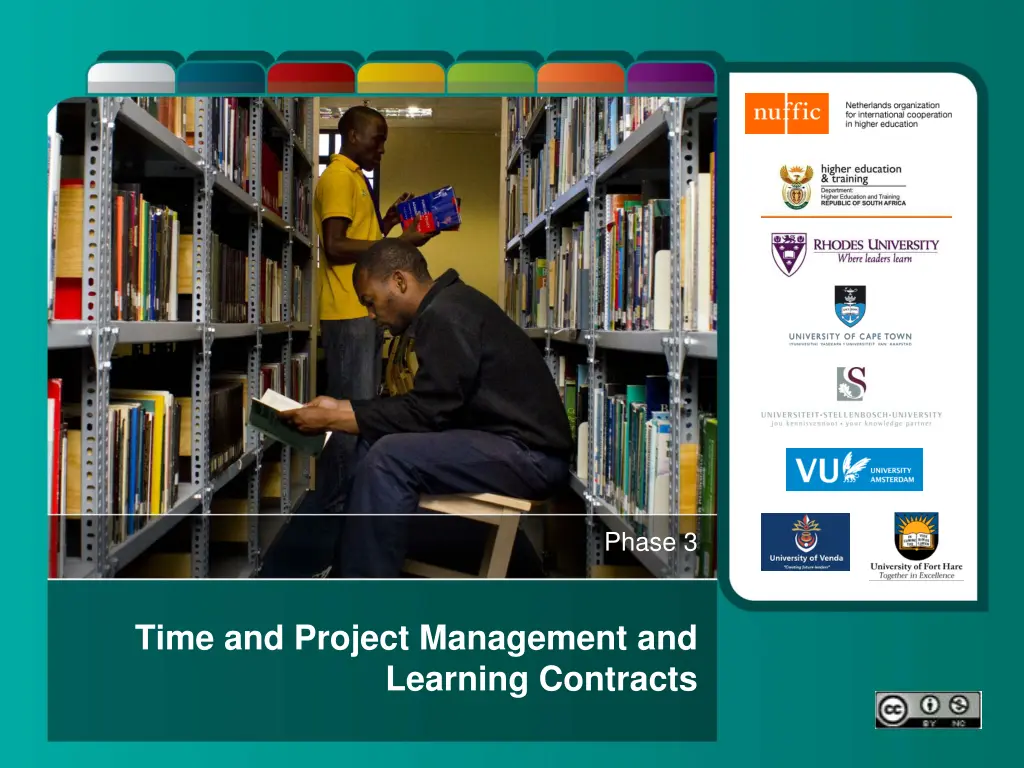
Effective Research Project Management Strategies and Tools
Discover essential strategies and tools for managing research projects effectively, including tracking progress, supervising students, managing responsibilities and deadlines, and utilizing project management terminology. Learn about the success factors for using electronic project management tools and supervision agreements in academia.
Download Presentation

Please find below an Image/Link to download the presentation.
The content on the website is provided AS IS for your information and personal use only. It may not be sold, licensed, or shared on other websites without obtaining consent from the author. If you encounter any issues during the download, it is possible that the publisher has removed the file from their server.
You are allowed to download the files provided on this website for personal or commercial use, subject to the condition that they are used lawfully. All files are the property of their respective owners.
The content on the website is provided AS IS for your information and personal use only. It may not be sold, licensed, or shared on other websites without obtaining consent from the author.
E N D
Presentation Transcript
Phase 3 Time and Project Management and Learning Contracts
Managing research projects How do you keep track of where you students are with their projects and what you and they need to be doing at that particular stage? How do you keep a record of your supervision? How do you manage large research projects track progress, manage responsibilities and deadlines, store data? Does your system work for you?
What tools does a researcher need? Planning / scheduling? Reporting? Status of tasks? Managing teams? Tracking results? Collaborating online? Document management? Resource management (budget)? Workflow systems? Database alerts for keywords? Others?
Demystifying Project Management terminology Different types of project management tools Dashboard - summary of project progress at a glance Some web-based, some not web-based ones don t need to be downloaded (you actually work on the website) Open source software can be web-based or not (open for everyone to use)
Microsoft Projects Most common Allows time and responsibility allocation
What are the success factors for using electronic project management tools? Highly computer competent Co-operative student Discipline and diligence to keep updating Some decisions to be made Who is responsible for managing the project? How will you and the student allocate responsibility in terms of deadlines, access to rescources etc? Who sets appointments? Who monitors deadlines? What records do you keep of interactions with students?
Supervision contracts/ Learning Agreements These agreements can be highly problematic they can be technical and legalistic and function primarily to shift any blame for potential problems away from the institution! The literature suggests that the increased bureaucracy in today s university arises from over- regulation and a culture of blame (Shore 2006, Wright and Rabo 2010) So .. Are such agreements necessary?
Learning Agreements Regular discussions between the supervisor and doctoral scholar, captured in writing useful (Wisker 2005, Mouton 2001). Not a once-off at the beginning of the study - they should be brought out and re- negotiated along the way.
What might be included in a supervision contract? Does your institution have a PG student/supervision guide or a Higher Degrees guide? If so, it may include a list of the roles and responsibilities of the doctoral student and supervisor. Good starting point for the conversation.
Write a set of five to ten questions you wish you had asked your PG supervisor if you could have been as blunt as you liked Write a set of five to ten questions you d like to ask your new PG student if you could be as blunt as you liked
What issues do you think need to be included in such a learning agreement?
Issues for negotiation might include How often do we meet? When? Where? Who sets the meeting? Do meetings follow submission of written work? Does the student submit rough ideas or polished drafts? Does the student submit small sections or whole chapters? How long does the student have to wait for feedback? What form will the feedback take? To what extent will supervisor undertake surface error correction of the text?
Issues for negotiation might include What is the planned progress of the study? What are the interim deadlines along the way? Potential publications and issues of (co)authorship Annual institutional reporting requirements How should conflicts be resolved?
Where does the Supervision Agreement document reside? Who has copies of the document? The student and supervisor only? Or does a copy also get filed in the dept/faculty? This might have implications for its use as a developmental tool, a space for negotiating a relationship or a quality monitoring tool.

